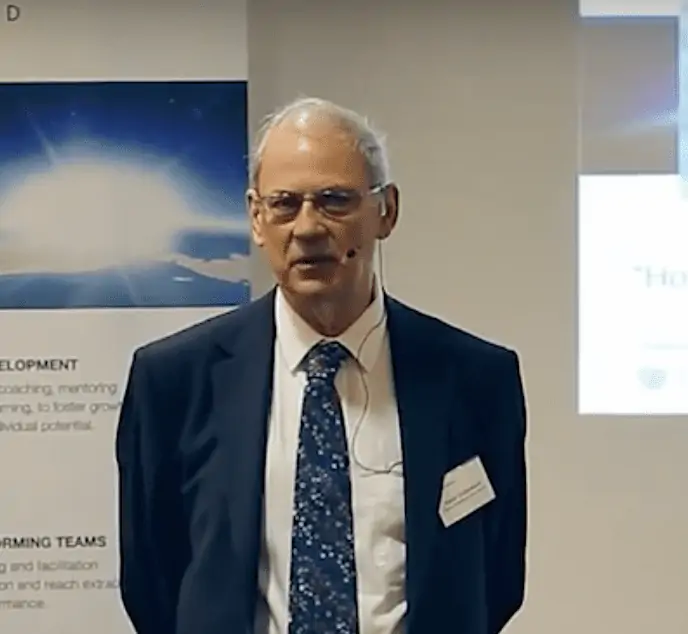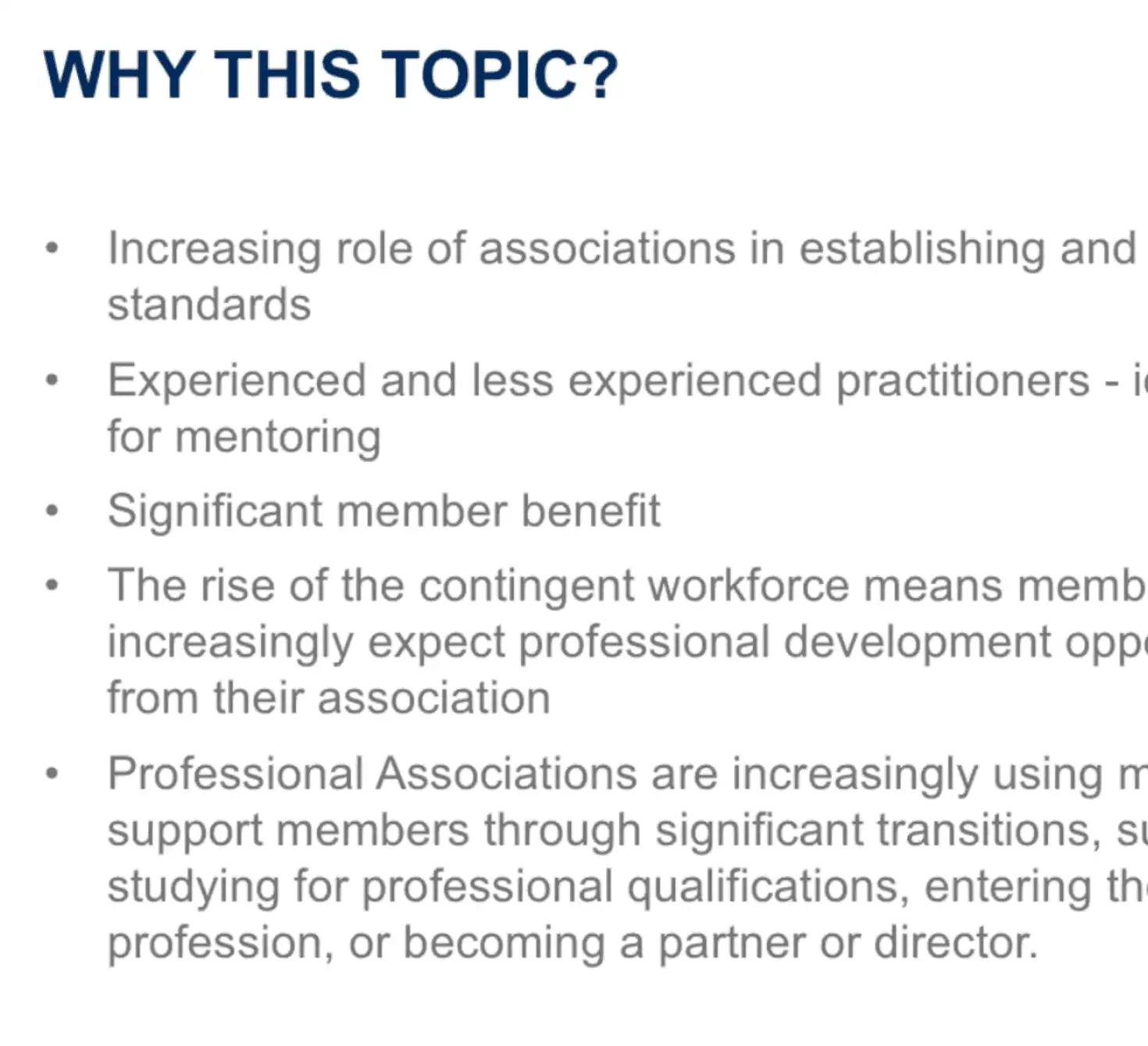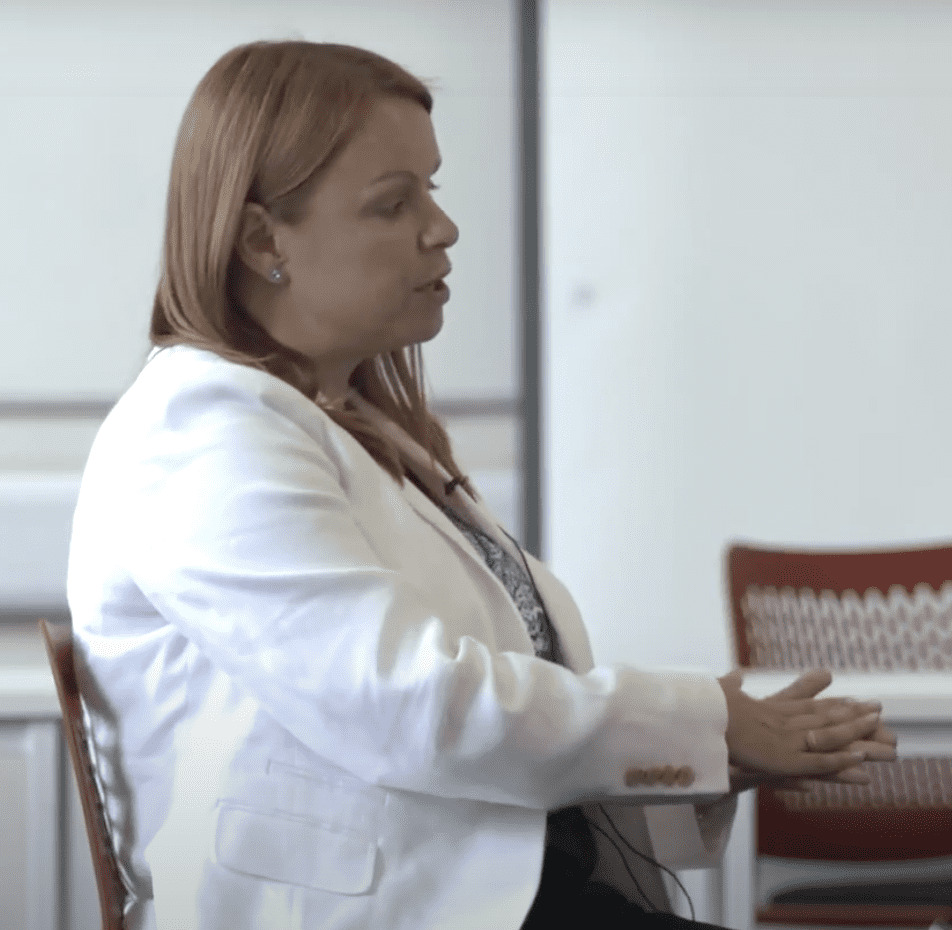- Home
- Programmes
- Mentoring
Quick links
Mentoring PROGRAMMES
Mentoring remains largely a niche market, with very few provider organisations specialising in it. It’s therefore relatively easy to achieve market differentiation, especially with the CCMI international brand.
CCMI has pioneered good practice in mentoring programmes and training of mentors and mentees since programmes first appeared in the early 1980s, and our Founder David Clutterbuck, is the world’s leading authority in this area. We have supported hundreds of organizations worldwide in designing and sustaining effective mentoring programmes. We led the research team that developed the international standards for mentoring programmes.
MENTORING BENEFITS
- Retaining talent (mentees are at least one third more likely to stay)
- Getting to know talent and bridging the generation gap
- Addressing diversity and inclusion
- Creating strategic alignment where it counts
- Reducing the time people new in role take to get up to speed
- Raise the productivity of new staff (new salespeople with a mentor sell 1/3 more)
Areas covered:
- Consultancy
- One-to-One Training for Top Management
- Training for Mentors & Mentees
- Training for HR & Others in Designing and Managing Mentoring Programmes
- Helping Client Organisations Achieve the ISMCP Standard and Award
- Focused Mentoring programmes
- Assessor Courses
- On-line Support
WHAT Is Mentoring?
Professor David Clutterbuck explains what Mentoring is about.
5 MINUTE BENCHMARK
How does your mentoring programme compare with world class?
It’s one thing to have a mentoring programme, but does it deliver the benefits it should? This self-assessment questionnaire is based on global good practice and the experience of hundreds of mentoring programme managers over more than 35 years.
How well do each of the following statements describe you? Score yourself from 1 (not like me at all) to 5 (just like me).

Raise the productivity of your team
Sales people with a mentor sell one third more…

“The quality of mentoring we now have
in Europe is primarily due to David’s
work over the past 20 years developing
mentoring approaches from virtually
nothing to the standards we have today.”
Chris Roebuck, Simply Success Solutions, London
Our free content is available to everyone. It includes a limited range of Blogs, Videos and Briefing Papers on key topics and the latest trends. If you want to expand your knowledge even further, or support your development or business with up-to-date information and research, sign up for a FREE TRIAL to gain access to the full content of over 500 blogs, briefing papers and videos within our resource library.
Membership with CCMI allows affordable access to over 500 blogs, briefing papers, videos and more from Professor David Clutterbuck. It’s regularly updated to keep you at the leading edge of coaching & mentoring.
Courses
Our courses are aimed at both ‘External’ professional coaches & mentors and ‘Internal’ coaches & mentors for client organisations such as business leaders, managers, staff & HR professionals. All coaching & mentoring by CCMI and its network partners is compliant with the International Standards for Mentoring Programmes in Employment.
Books
Check out our recommended range of books to complement CCMI’s programmes and services. Based on extensive research, many of them have been written by Professor David Clutterbuck and many co-edited or contributed to by other CCMI members.
SIGN UP FOR A FREE TRIAL
A month’s free access to ALL the ccmi content. Set your marketing and content update preferences and we continue to send you updates.
 Newsletter Signup
Newsletter Signup Sign Up For a Free Trial
Sign Up For a Free Trial










